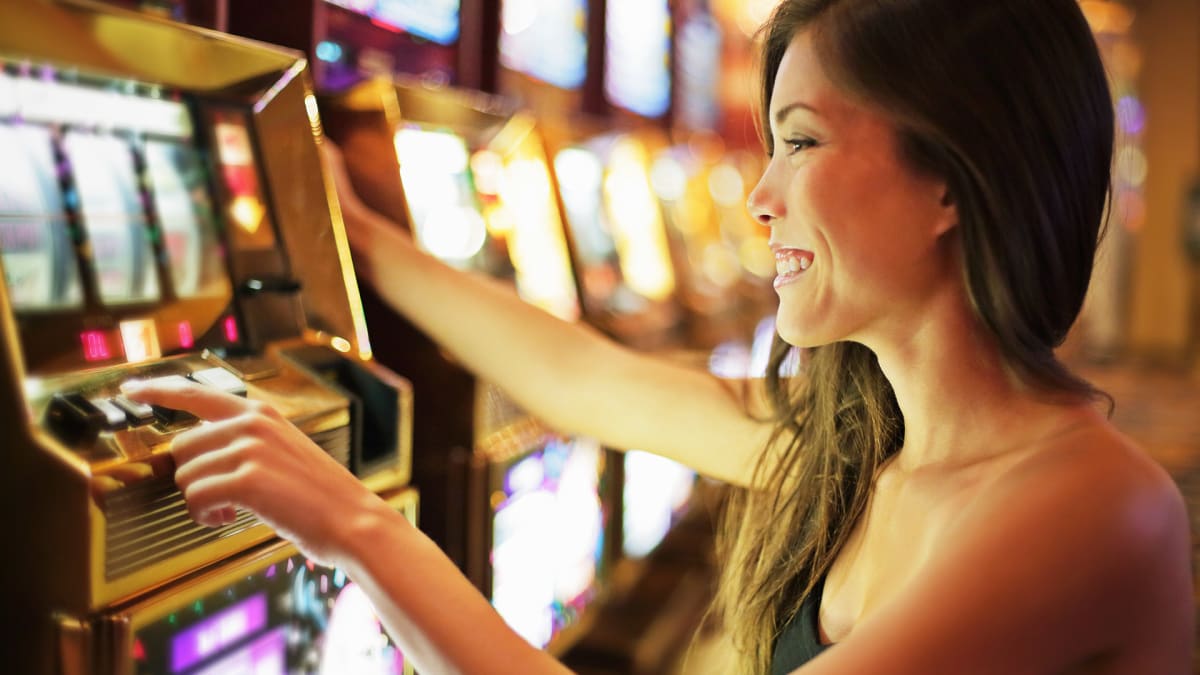
It's been said that all things seem possible in May and that was certainly the story in Macau last month.
Tourists from Mainland China came flocking back to the country's special administrative region in May and casinos in the world's biggest gambling hub posted their best numbers in more than two years.
DON'T MISS: A's Baseball Stadium Could Save a Las Vegas Strip Icon From Elon Musk
Revenue surged 366% to 15.6 billion patacas, or $1.93 billion in May year over year, and were the highest since January 2020.
The numbers were bolstered by a national Labor Day holiday, a five-day break that began on April 29 which saw about half a million mainland travelers coming to the region.
"Macau is coming back quickly," Wynn (WYNN) CEO Craig Billings told analysts during the company’s May 9 earnings call, according to a transcript.
"Looking forward, as you have seen, marketwide (Gross Gaming Revenue) momentum in Macau has been very impressive, building through the first quarter and accelerating into April," he said.
Casino Revenues Climbing
"Who would have thought even six months ago that the market would be run rating north of $22 billion of annual GGR?" Billings asked.
The latest earnings were up about 6% from the 14.7 billion patacas Macau’s most important industry generated in April, the South China Post reported, citing government data.
Since the start of the year, Macau’s casino revenues have amounted to about 65 billion patacas, nearly three times the 23.8 billion patacas registered in the same period a year ago.
The latest total is still just about half of what Macau’s casino industry earned in the same period in 2019, the last full year before the coronavirus pandemic struck.
Macau, the only place in China where casinos are allowed, reported a resurgence of tourists from the mainland since Jan. 8 after the territory dropped all covid-19 testing requirements for inbound travelers from the mainland, Hong Kong and Taiwan.
The former Portuguese colony was among the top holiday destination preferences for consumers in China, Hong Kong and Taiwan, according to a study released by Visa in February.
New Security Law Goes into Effect
Macau was the eighth most-likely destination for mainland tourists and seventh for those from Hong Kong, according to the poll, which was conducted with more than 4,000 respondents in autumn last year.
Meanwhile, a new national security law has come into effect in the territory that widens punishments for any opposition to Beijing, the BBC reported.
The law, which expands on legislation first introduced in Macau in 2009, puts greater emphasis on preventing foreign interference in the special administrative region.
The original national security law laid out seven major crimes such as treason, subversion, theft of state secrets and foreign collusion, with punishments of up to 25 years in jail.
Another offense, secession, has now been expanded to cover non-violent acts.
Opposition to any central government department and the ideology in Beijing can be punished under the updated definition of subversion and Macau police now have the power to target suspects outside the city itself.
“Local journalists described the current situation as the ice age and unfortunately the ice age is going to get colder,” Jason Chao, former president of pro-democratic political party the New Macau Association, told BBC World Service's Newshour program.







